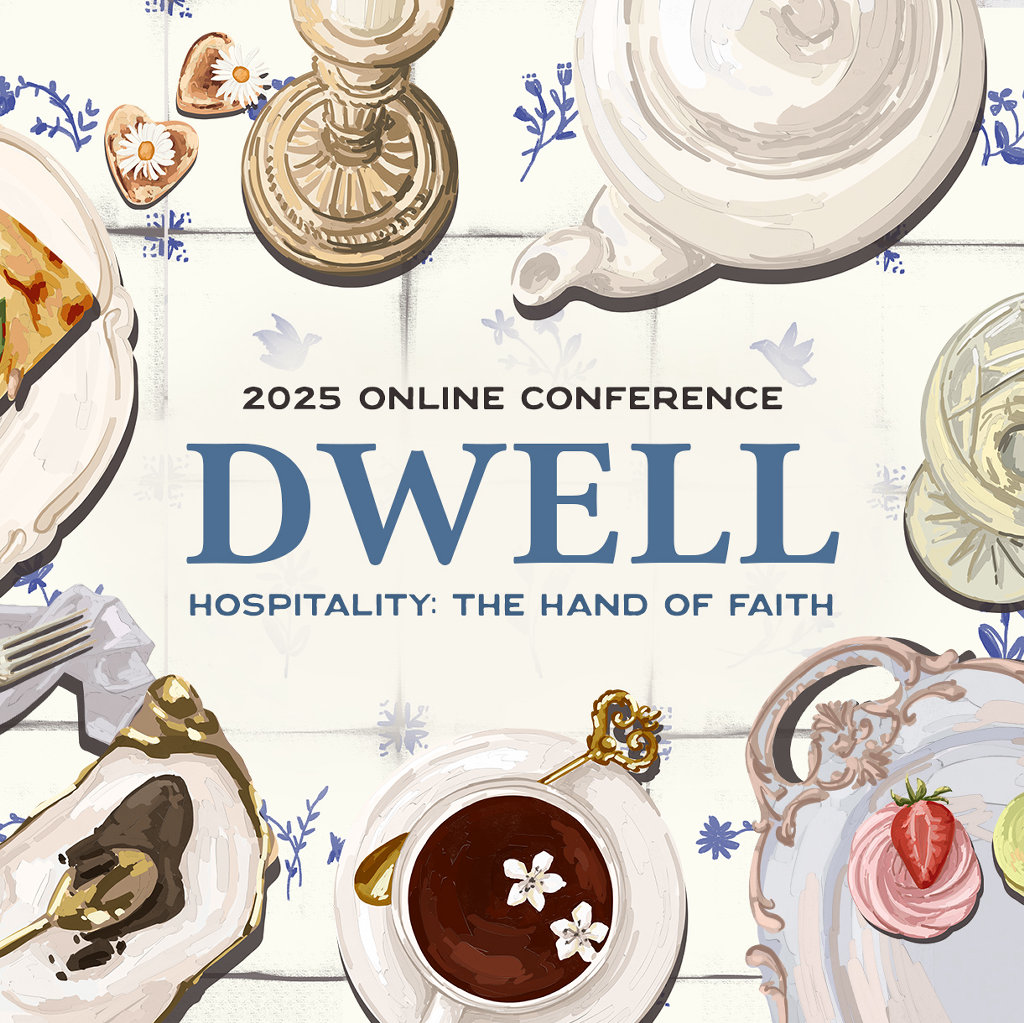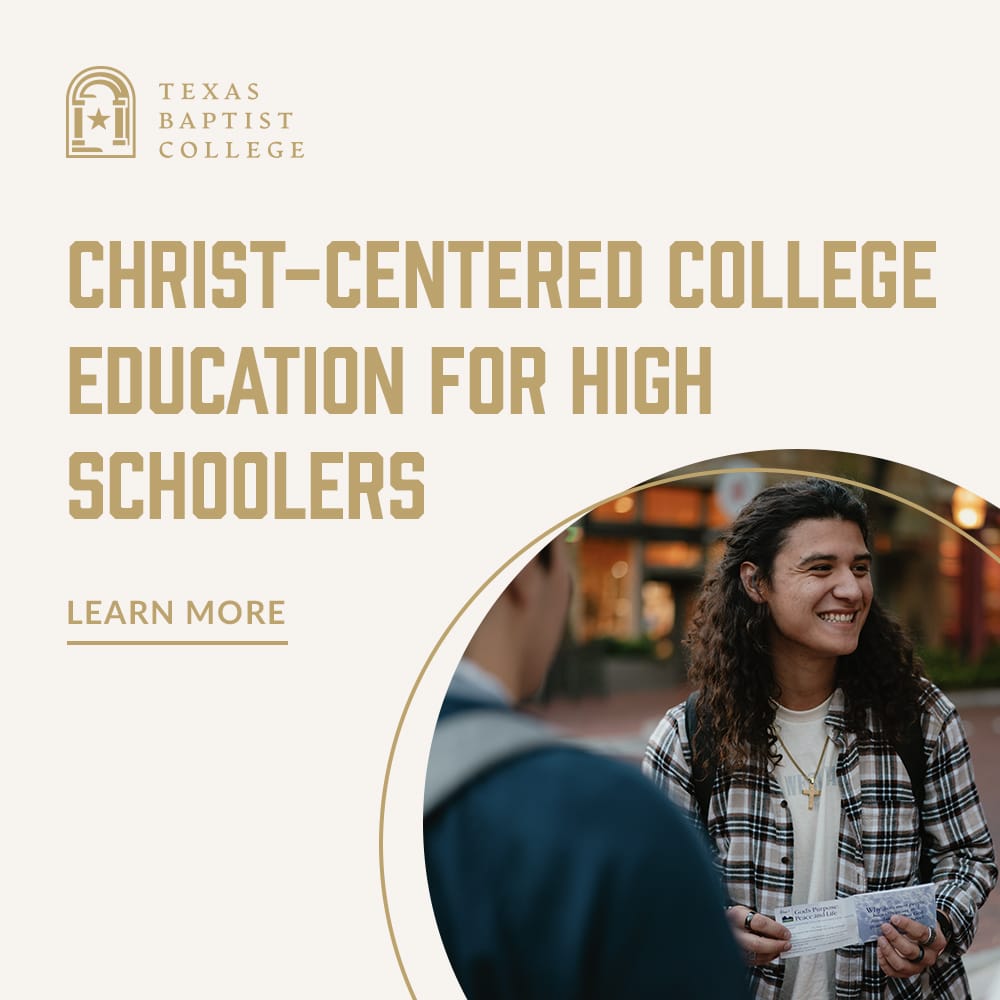Disabusing the Most Abused Question in Schooling: What Am I Going to Use This For?

For anyone who has taught at the high school level, this topic needs little introduction. It’s nearing the end of the period, and you have been laboriously explaining a difficult concept that you are certain many of the students are giving minimal effort in understanding, when little Johnny quite abruptly, without raising his hand, blurts out what he thinks is a rather clever and rhetorical question, “What are we ever going to use this for anyway?” Of course, the temptation might be to respond in kind, “Well, Johnny, I’ll tell you what for: You are going to use it right now, and you are going to use it to pass my class!”
As every parent knows, using the authoritative refrain “because I said so” is perfectly legitimate and often necessary. Likewise, using a similar tactic of authority on the unmotivated or unruly student can be just as necessary. However, let’s imagine what it might be like to offer a teachable moment instead. So perhaps the conversation would go something like this:
Teacher: Tell me, Johnny, what do you want to be when you grow up?
Johnny: I want to be an engineer.
Teacher: What kind of knowledge and skills do you think an engineer needs to do his job effectively?
Johnny: I don’t know. Engineering knowledge and skills.
Teacher: And of what would engineering knowledge and skills consist?
Johnny: What they teach you when you get a college degree in engineering.
Teacher: So you mean you don’t really know what knowledge and skills are necessary?
Johnny: No, not really.
Teacher: Not knowing something and admitting it, what a wonderful conclusion!
Johnny: What? I thought your job was to teach me to know things.
Teacher: Yes, and it is very important for you to know that there are many things that you do not know.
Johnny: Why would that be important?
Teacher: Follow me for a minute, Johnny, and let me see if I can show you. Tell me, why did you assume that when I asked you what you are going to be when you grow up that I was asking about what future job you would pursue?
Johnny: I thought that’s what the question means.
Teacher: Listen to the question closely: What do you want to be when you grow up? What else might that mean other than merely a reference to your future job?
Johnny: Umm, like maybe, do I want to be a dad?
Teacher: Sure, I think that could be another helpful interpretation. Anything else?
Johnny: Like, do I want to be a good Christian?
Teacher: Yes, why not? The point is that your first interpretation seems to have limited ‘being”, that is life itself, to what you do for a job. But would you say that the most important thing about life is the job you do?
Johnny: Well, I’d say it’s pretty important, but maybe it’s not the most important thing.
Teacher: So would it be fair to say that, in light of what is most important in life, your interpretation of my question was too narrow?
Johnny: That’s fair.
Teacher: Is it likewise possible that your interpretation of what we are trying to accomplish in school through your education is too narrow?
Johnny: I’m not sure I know what you mean.
Teacher: Well, when you asked the question, “What are we going to use this for anyway?”, it would appear that your underlying assumption is that the purpose of education and going to school is only to teach you skills that you will use for your future job or some other practical skill in life. Is that a fair assessment of your assumption?
Johnny: I don’t know. I haven’t really given that much thought to the purpose of education. But, ya, I guess I was thinking that some of the things we do in school seem pointless since I won’t use it for anything later in life.
Teacher: So, without giving the purpose of education much thought, you must have given it enough thought to consider that education should only consist in teaching you skills or knowledge that you will explicitly use in your future job or as a life skill for making it in this world, say something like cooking or balancing a budget. Is that correct?
Johnny: Ya, I guess that seems about right.
Teacher: But what if that isn’t the primary purpose of true education? What if the little bit of thought you have given to this topic has not actually given you knowledge of the purpose of education?
Johnny: What would be the actual purpose of education then?
Teacher: Excellent question! So, making money, as important and necessary as it is to life, is not the most important thing, as you already admitted. You must learn how to make a living, to be sure, but more than this, you must learn to live a good life. So, when you limit education to the knowledge needed to make a living and for mere survival, you limit the meaning of life itself to these things. But surely no one actually lives only to make money. Love, friendship, beauty, laughter, family, faith, these are the things that make life worth living. These are the things that give life meaning. And the true purpose of education has everything to do with the meaning of life. So, are you beginning to get a glimpse of how you might not really know what you previously thought you knew about education?
Johnny: I think I am starting to get an idea. But can you help me to understand it more clearly?
Teacher: Very good, Johnny! Whereas we began this conversation with you not desiring to learn something in class today, now you are humbly requesting to learn about something you previously had never considered. For, it is the more meaningful things in life, or, as Aquinas said, the highest order of things, that we hope your education prepares you to pursue. And everything in this conversation was intended to prepare you to pursue a more meaningful question than your original question. And now, you have just asked a question that demonstrates that you have thus arrived.
As with the interlocutors in the Socratic dialogues, it is unlikely that our conversation with the student would proceed so nicely. Thus, it is possible that a lecture will be required to get this point across to students. A good place to begin is where Socrates ends up in Book VII of The Republic, with a discussion of why true education includes the study of math. It is not merely for the practical and noble pursuit of engineering. Rather, we study math to prepare the mind to think about eternal things. Consider that the abstraction of numbers and theorems is a mental exercise in the contemplation of the unchanging, invisible, and creative force that set the universe in motion. To begin to think about such things is a fine preparation to contemplate the Unchanging, Invisible, Creator of the Universe.
It is here that we could and should distinguish between the servile arts and the liberal arts, utilitarian goods and intrinsic goods, explicit knowledge and tacit knowledge. But for the teacher who has not studied such things and for the sake of not overcomplicating it, it is sufficient to apply the previous example from The Republic more broadly. Everything we learn and everything we do in life is shaping and preparing us for something else, whether for good or for evil. Habits of the mind, along with habits of the body, form our souls. And since we are always thinking, it is essential that we discipline the mind to think about the higher order of things, lest we acquire habits of intellectual laziness through mindless entertainment culture.
Thus, the question is not, “What am I going to use this for?”, which is not entirely wrong but simply too narrow. Rather, in preparation for living the good life, the question our students should be asking is, “How is this shaping who I am becoming?” Because no matter what our students are doing, they are acquiring habits of thought and action, and their souls are being formed. So, let us prepare our students to broaden their vision, both of education and of the good life, through all that we teach them so that they might be able to “fix their eyes not on what is seen but on what is unseen” (2 Cor. 4:18).
Aaron Ames
Aaron Ames currently teaches Rhetoric, Logic, and Literature at Trinity Christian Academy, a classical Christian school located in Lexington, KY. He received a BA in Letters (Great Books Program) from the University of Oklahoma and two MA's, one in Biblical Studies, and the other in Theology and Philosophy, both from Asbury Theological Seminary.









3 thoughts on “Disabusing the Most Abused Question in Schooling: What Am I Going to Use This For?”
This is so good and revealing! I learned a lot from this. I’m wanting to understand more about classical Christian education, how and where can I start?
The focus on values such as love, friendship, beauty, and faith provides a refreshing reminder of the broader aims of education, encouraging students to think about what makes life meaningful.
Fine Article.
I will like to learn more.
Thank you.
Pingback: No.848: Last Week at the Farmhouse // Back to the Books